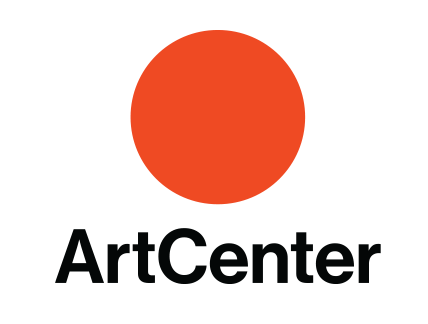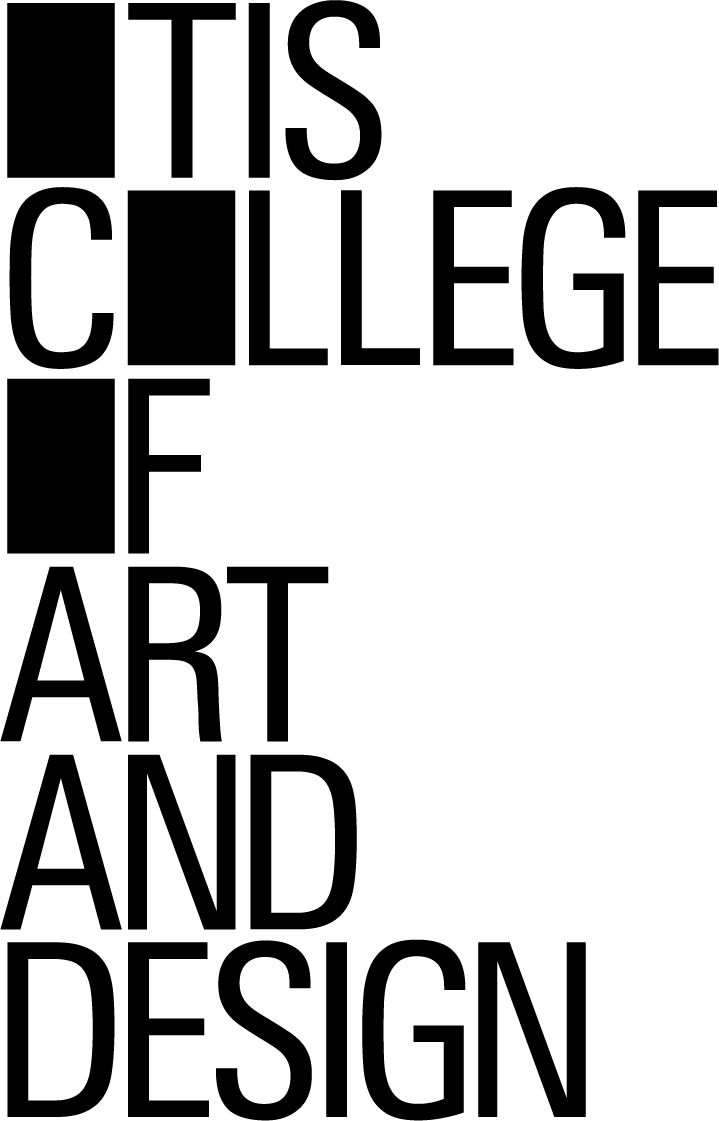Blog Archives
Do Copyright Laws Kill Art?
 I write a lot about intellectual property protection on Quora because I don’t like the idea of people pirating my games, and recently a Quora user asked me whether copyright laws “kill” art. Well, he didn’t really ask me. This was someone who apparently liked posting other people’s music on YouTube and was complaining about how strict he thought copyright laws were.
I write a lot about intellectual property protection on Quora because I don’t like the idea of people pirating my games, and recently a Quora user asked me whether copyright laws “kill” art. Well, he didn’t really ask me. This was someone who apparently liked posting other people’s music on YouTube and was complaining about how strict he thought copyright laws were.
But answering the question literally, I replied that copyright law does not prevent anyone from creating an original literary, musical or artistic work. What it does is prevent someone else from copying, distributing, recording, or performing that work, or making derivative works, without the creator’s (or his/her assignee’s) permission.
The primary purpose of this is to prevent other people from using someone else’s work – such as their music – without compensating the creator. This is prevented for a limited amount of time after the creator’s death (50–70 years, depending on the laws of individually countries) so that the creator’s heirs can inherit wealth generated by the work. This is no different than allowing someone to pass on physical property (house, land, stock shares, possessions) to one’s heirs.
It also has a secondary purpose of allowing the creator to retain artistic control over sequels, mash-ups and other derivative works. “Appropriation art” is the only type of art that is “killed” by copyright law, and even then, it isn’t doesn’t really kill this art, but rather restricts it.
Someone wishing to make a derivative work can ask the original creator for permission to do so, which usually involves compensating the creator. However, this is no different than an artist needing to purchase materials and equipment needed to make creative works.
The United States and some other countries also recognize the doctrine of Free Use, which allows creators to use another creator’s work without permission for a transformative purpose. This doctrine allowed, for example, The Harvard Lampoon to write Bored of the Rings, a parody of Lord of the Rings, and Andy Warhol to use Campbell Soup cans and photographs of Marilyn Monroe in his own creative works.
As for wanting music for your YouTube videos, if you are too cheap to license it from the person who created it, YouTube offers a whole library of music you can use for free. They may not be the most popular tunes in the world, but you get what you pay for.
Using Fictional Characters Without Permission Is A Real Problem
 There always is a lot of confusion among the general public about the nature of copyright infringement and whether it is legal to create your own works, whether it be commercial products or fan fiction, based on other people’s works. One person recently asked me what the penalties were for plagiarising fictional characters. Although I’ve written about the topic of intellectual property rights before, I thought I would share my answer with my other readers.
There always is a lot of confusion among the general public about the nature of copyright infringement and whether it is legal to create your own works, whether it be commercial products or fan fiction, based on other people’s works. One person recently asked me what the penalties were for plagiarising fictional characters. Although I’ve written about the topic of intellectual property rights before, I thought I would share my answer with my other readers.
Copyright infringement is the use of works protected by copyright law without permission, infringing certain exclusive rights granted to the copyright holder, such as the right to reproduce, distribute, display or perform the protected work, or to make derivative works.
Literary, artistic, and musical works — including books, comic books, video games, films, television shows, cartoons, and songs – are eligible for copyright protection. So is any written work (such as a character description) that is sufficiently original and substantial.
If you were to write your own story or make a video game about Superman character, for example, it would be considered to be a derivative work of DC Comic’s Superman comic books. If you publicly distributed such a derivative work without DC Comic’s permission, it would be copyright infringement.
In the United States, the penalties for copyright infringement are:
- Infringer pays the actual dollar amount of damages and profits.
- Infringer pays statutory damages ranging from $200 (accidental infringement) to $150,000 (intentional infringement) for each work infringed.
- Infringer pays for all attorneys fees and court costs.
- The Court can issue an injunction to stop the infringing acts.
Names alone are not substantial enough to be considered literary works and therefore are not eligible for copyright protection. You are free to name your baby “Superman” if you wish. Similarly, Joe Croce is allowed to have the lyrics “you don’t tug on superman’s cape” in his song You Don’t Mess Around With Jim, as it is only a reference to the Superman character.
However, the words comprising names can be registered as trademarks used to represent a company or product. For example, one of the many trademarks DC Comic has registered for the word “Superman” is for confectionary products (USPTO trademark serial number 7578832).
Trademark infringement involves using someone else’s trademark without permission on competing or related goods and services in such a way that it causes a likelihood of confusion in the average consumer. If you were to use the word “Superman” without permission on the packaging of candy that you were selling, you would be infringing on DC Comic’s trademark 7578832.
A trademark violator who is sued by the owner of a lawfully registered trademark in the United States may be ordered to pay monetary damages based on lost profits calculated from the sales the trademark violator made while using the trademark illegally. If the court finds that the trademark violation was intentional, such as a case in which the violator is selling goods that he is trying to pass off as coming from a known popular brand, the court may impose penalties of three times the amount of actual lost profits.
Ideas are not protected by intellectual property laws. For example, the idea of a cape-wearing, flying, invincible superhero who comes from an alien planet is not protected, and so you are perfectly free to create your own cape-wearing, flying, invincible superhero who comes from an alien planet. However, if you add on enough details that are similar to the Superman character (similar outfit, his planet is named Krypton, works as a reporter for The Daily Planet newspaper, etc) that the average person would confuse your character with DC Comic’s Superman character, you would be committing copyright infringement.
Plagiarism is taking someone else’s work or ideas and passing them off as one’s own. Plagiarism is not a crime; however, when committing plagiarism, many people also commit copyright infringement, which is a crime.
Also, crediting someone’s work that you use without their permission does protect you from committing plagiarism, but it does not protect you from committing copyright infringement. If you were to post your own story about or drawing of Superman on the internet with the disclaimer “Superman is a character owned by DC Comics. No copyright infringement is intended”, DC Comics could still successfully sue you for copyright infringement.
Now, you’ve probably noted that I did use an image from a Superman comic book to illustrate this article. However, there are certain limited Fair Use exceptions to using copyrighted works without permission, such as criticism, news, an parody — so long as you only use enough of the work as is necessary for your purpose and your use does not deprive the copyright holder of any potential revenue or market for that work (you can also use characters for which the copyright period has lapsed or are otherwise in the public domain). I think that my use is Fair Use for my purpose of educating my readers about intellectual property laws. Besides, I don’t think DC Comics would object on me telling people not to “tug on Superman’s cape” with out their permission.





